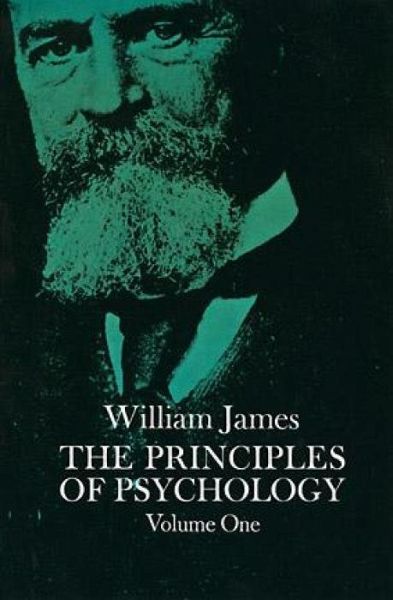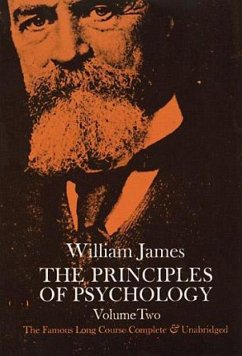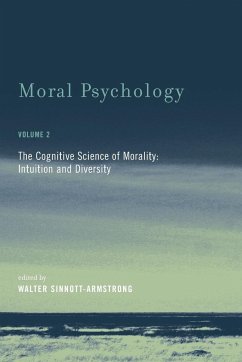Nicht lieferbar

The Principles of Psychology, Vol. 1
Versandkostenfrei!
Nicht lieferbar
Volume 1 of the famous long course, complete and unabridged. Stream of thought, time perception, memory, experimental methods--these are only some of the concerns of a work that was years ahead of its time and is still valid, interesting and useful. "He had said it all, and it is all there. It's an amazing book."--C"ontemporary Psychology." Total in set: 94 figures.













